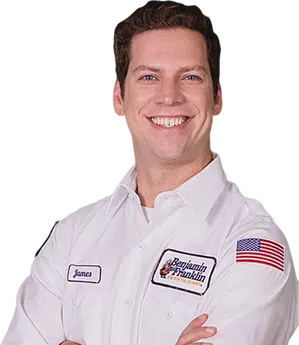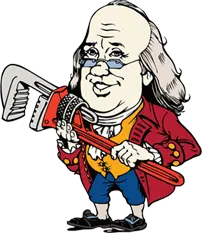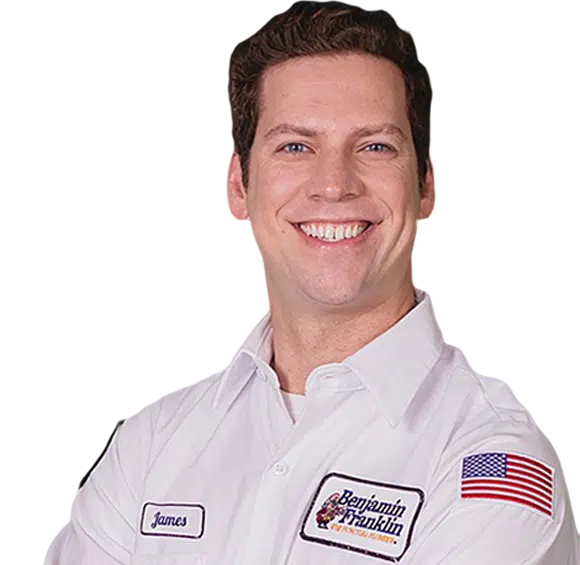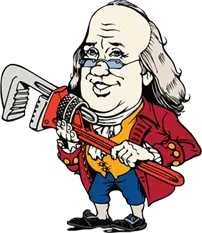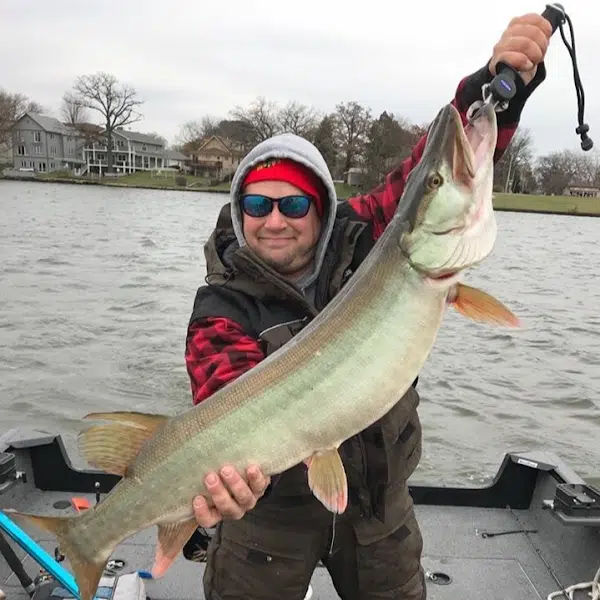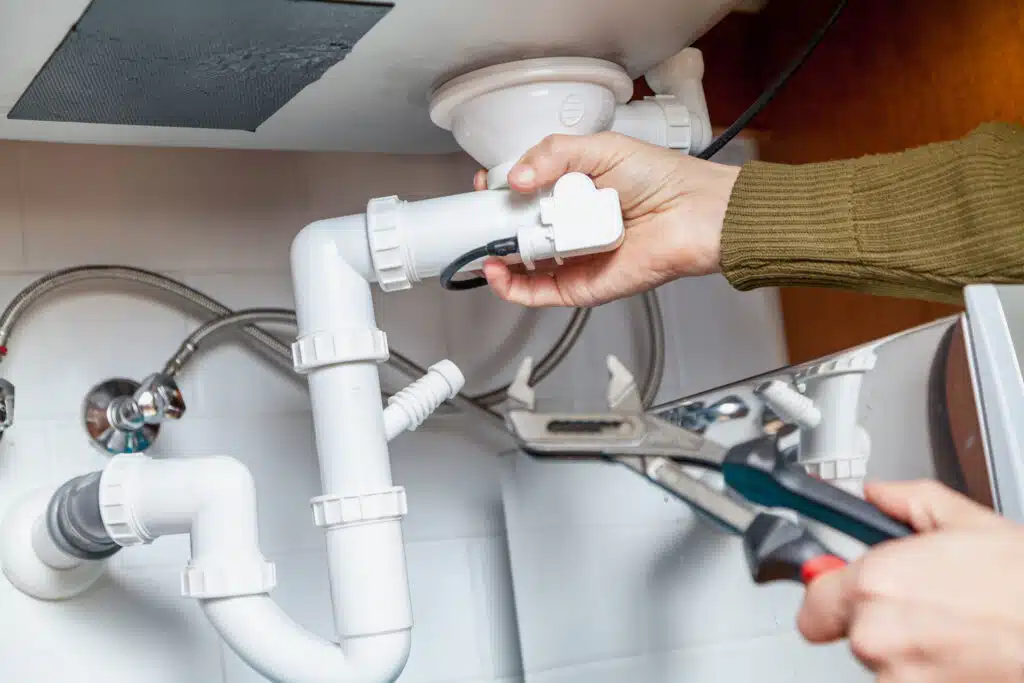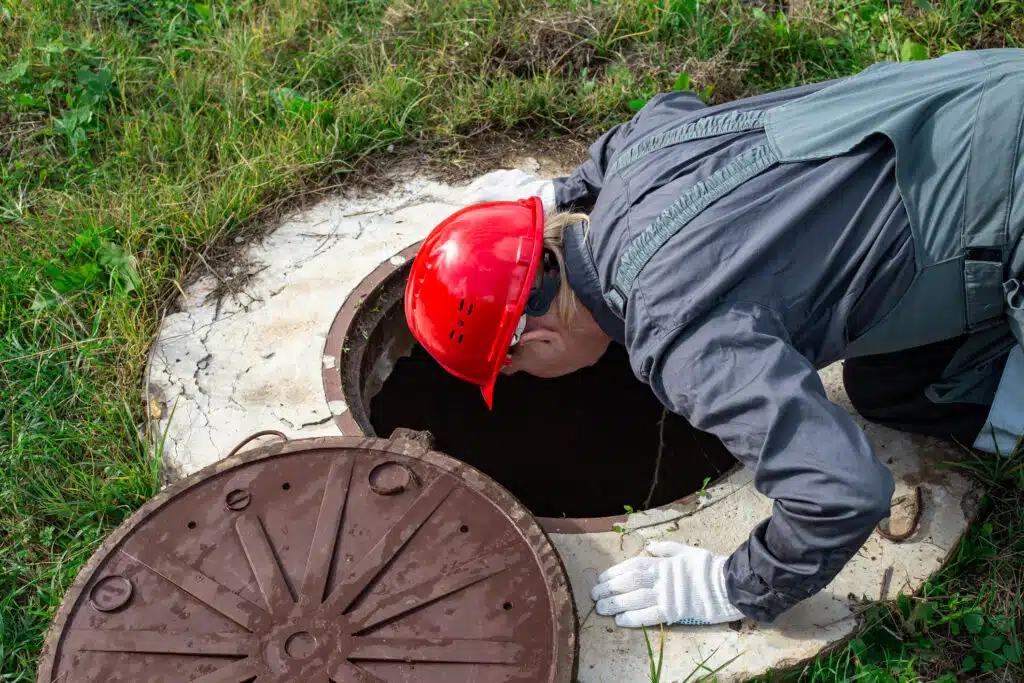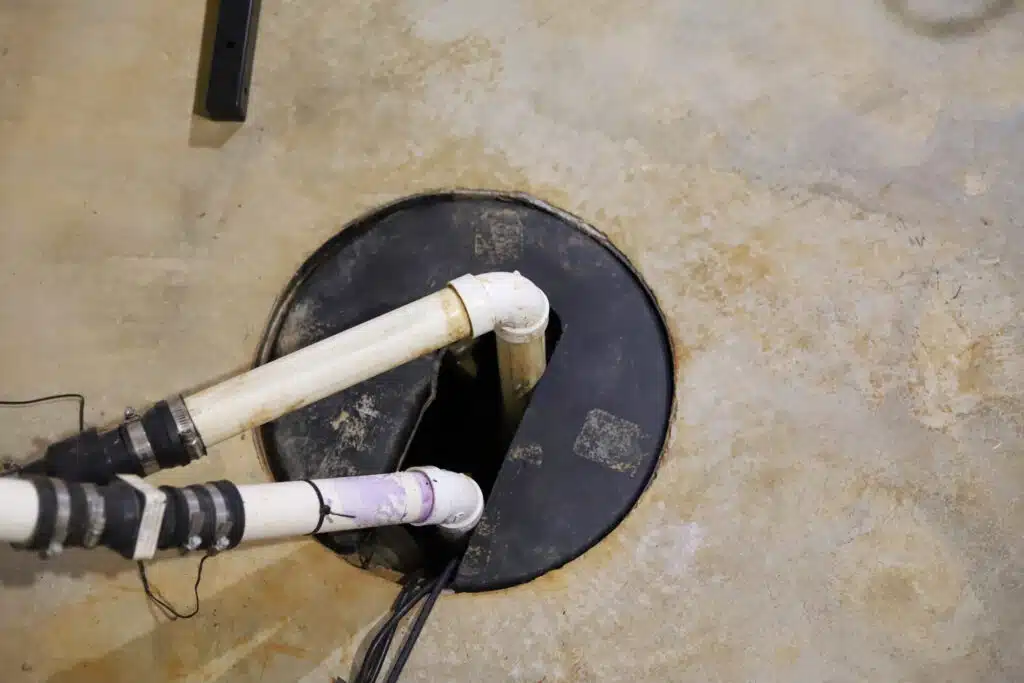Plumbing myths, like thinking hot water can dissolve grease or that flushable wipes are truly safe, can lead to expensive problems over time. Taking care of your plumbing, knowing the facts, and ditching these common misconceptions can save you money and prevent damage. Skip the myths and stick to tested solutions to keep your system running smoothly.
Top Plumbing Myths Debunked
Plumbing myths persist because they sound reasonable or align with outdated practices.
However, falling for these plumbing myths can lead to wasted water, costly damage, or even health issues.
Let’s set the record straight on a few common ones.
One widely believed plumbing myth is that small leaks don’t matter.
The reality? Even minor drips can waste hundreds of gallons of water annually, raising utility bills and increasing the risk of mold or structural damage.
Promptly addressing these leaks with professional help is crucial to avoid more significant problems.
Another common plumbing myth is that “flushable” wipes are safe for pipes.
Unfortunately, they’re not.
Unlike toilet paper, these wipes don’t break down properly in water, causing clogs and backups that can jeopardize your plumbing system.
Regular maintenance and inspections are key to avoiding such issues.
If problems arise, seek help from an experienced plumber, especially in areas like Lancaster, PA, where local experts can address the specific needs of your home.
Finally, some people assume that pouring hot water clears grease from drains—a plumbing myth that can have disastrous consequences.
This is false.
Grease solidifies as it cools within your pipes, leading to severe clogs over time.
Instead, always dispose of grease in the trash.
If a blockage does develop, professional services may be required to clear it and restore proper function.

Myth 1: A Noisy Water Heater Is About to Explode
Hearing strange sounds from your water heater can be nerve-wracking, but it’s usually not as bad as it seems.
A noisy water heater isn’t about to blow up.
Most of the time, sounds like popping, rumbling, or banging mean there’s sediment buildup at the bottom of the tank. Over time, minerals from hard water settle there, trapping heat and causing the water to boil underneath—this makes those weird noises.
Other possible causes include loose heating parts or changes in water pressure, which can create vibrations or humming noises. These aren’t major threats right away, but if left alone, they can make your unit less efficient, increase energy costs, or even damage it.
Instead of falling for common plumbing myths, avoid attempting DIY fixes unless you are completely sure of what you’re doing, as improper repairs can cause further damage.
Benjamin Franklin Plumbing of Lancaster is ready to help if you need expert care in Lancaster, PA. They can inspect, clean, and repair your water heater safely, so it runs smoothly without any risk.
Fix the little stuff now to avoid bigger headaches later!
Myth 2: Flushable Wipes Are Safe for Your Plumbing
The term “flushable wipes” can be misleading.
While they claim to break down, they don’t dissolve as easily as toilet paper.
This often leads to issues commonly associated with plumbing myths and the risk of costly repairs.
When you flush these wipes, they mix with grease, hair, and other debris in your pipes.
Together, they form tough clogs that typically require professional intervention to resolve.
The issue doesn’t stop at home, either.
City sewer systems, like those in Lancaster, PA, have faced large blockages caused by flushing these products.
The impact extends beyond your plumbing.
These wipes can bypass treatment systems and contribute to pollution in waterways.
They even add to the growing problem of microplastics in the environment.
To avoid damage to your pipes and reduce environmental harm, it’s best to throw wipes in the trash.
If your pipes are already clogged from “flushable” wipes, Benjamin Franklin Plumbing of Lancaster is here to help.
Our team is highly experienced in clearing tough blockages and restoring your plumbing system.
Myth 3: Hot Water Can Dissolve Grease in Drains
Think hot water clears grease from your pipes? It doesn’t.
Hot water might melt grease at first, but as it cools down in your plumbing, the grease hardens and sticks to the pipe walls.
Over time, this build-up narrows your pipes and leads to tough clogs that often need a pro to fix.
Here’s the deal: grease doesn’t just sit there. It attracts other debris, forming a sticky layer in your pipes.
That layer can even grow bacteria like Legionella, which isn’t just bad for your pipes—it can harm your health.
Believing common plumbing myths, like this one, is like putting tape on a broken pipe—it won’t work.
The best solution? Don’t pour grease down the drain.
Let it cool and harden in a container, then throw it in the trash.
For minor maintenance, regularly flush your drain with hot water to keep it clear of general debris.
If grease build-up has already caused clogs or complications, it’s time to call in a local expert in Lancaster, PA like Benjamin Franklin Plumbing.
They’ll resolve the issue and help prevent future plumbing headaches.
Myth 4: Lemons Clean and Deodorize Garbage Disposals
Lemons might smell nice, but they aren’t great for your garbage disposal.
One of the common plumbing myths is that using lemons to clean or freshen it up is effective, but it can actually do more harm than good.
The acid in lemon juice can wear down the metal parts, potentially shortening the life of your disposal.
Plus, the pulp and peel might not break down fully, which could lead to clogs.
Instead of falling for this misconception, stick to safe and simple habits to maintain your garbage disposal.
Rinsing it often with cold water and avoiding putting items like bones and grease down the disposal can make a big difference.
For professional assistance or deeper maintenance in Lancaster, PA, the team at Benjamin Franklin Plumbing of Lancaster is always ready to help—because your disposal deserves proper care!
Myth 5: Ice Cubes Sharpen Garbage Disposal Blades
Think tossing some ice cubes into your garbage disposal sharpens the blades?
This myth isn’t true. Garbage disposals don’t have sharp blades like knives. Instead, they use blunt impellers that spin to grind food into small bits.
Ice cubes might help clean out gunk, but they won’t “sharpen” anything.
Using ice cubes isn’t harmful, but it’s not a solution for maintenance.
To keep your garbage disposal working well, focus on proper use and regular cleaning. Avoid fibrous foods like celery, potato skins, or coffee grounds—they can clog or damage the system.
If your disposal hums instead of grinding, that’s a sign of a jam, not dull blades.
To separate fact from fiction when it comes to Plumbing Myths, and if odors or functionality issues persist, it might be time to call Benjamin Franklin Plumbing of Lancaster, PA, for expert help!
Myth 6: A Dripping Faucet Isn’t a Big Deal
It’s just a little drip, right? Not so fast.
Even a small leak, like a dripping faucet, can add up over time.
A single drip per second can waste more than 3,000 gallons of water in a year.
That’s bad for your water bill—and the environment.
A dripping faucet may also signal underlying plumbing issues.
Worn-out washers, loose parts, or rusty components won’t fix themselves.
Ignoring them can lead to escalating problems, such as damaged fixtures or pressure imbalances.
What starts as a small drip could result in a significant repair need or even water damage if neglected.
And let’s be honest—a dripping faucet isn’t just an annoyance.
Over time, it could contribute to wear and tear on your plumbing.
When it comes to Plumbing Myths, this one overlooks the potential for costly repairs.
If you notice a drip, don’t delay.
Addressing it promptly is key.
Benjamin Franklin Plumbing of Lancaster, PA can professionally diagnose and resolve the issue, helping to keep your plumbing in top condition.
“Don’t let a drip turn into a disaster.”
Myth 7: Putting a Brick in Your Toilet Tank Saves Water
Putting a brick in your toilet tank might sound like a smart way to save water, but it can actually lead to some common plumbing myths being debunked.
While the brick does take up space and lowers the water used per flush, it can cause more problems than it solves.
Bricks break down over time, and bits of debris can fall into the tank.
This can clog important parts like the flush valve, making your toilet work poorly—or even stop working altogether.
A crumbling brick isn’t ideal for your plumbing system and could leave you with costly repairs.
On top of that, lowering the water level too much can weaken the flush.
You might end up flushing more than once, canceling out any water savings.
Today’s toilets are built to save water, with many using just 1.28 gallons per flush without losing power.
If you want to debunk more plumbing myths or need professional advice on maintaining your plumbing, trust Benjamin Franklin Plumbing of Lancaster, PA to assist you with expert guidance.
Myth 8: Winter Doesn’t Affect Plumbing
Winter can cause big problems for your plumbing if you’re not ready.
Cold weather makes pipes contract, which can lead to cracks or bursts.
Even your water heater has to work harder in winter, which can wear it down faster.
Ignoring these risks could mean expensive repairs.
Frozen pipes are a big issue in winter.
When water freezes, it expands, which can make a pipe burst and cause serious water damage.
This is especially a problem in colder regions like Lancaster, PA.
Outdoor faucets and pipes in areas without insulation, like basements or crawl spaces, are particularly vulnerable to freezing.
The most effective way to prevent damage is to insulate your pipes.
Wrap any exposed ones and seal up any gaps in your home’s foundation to keep cold air out.
Also, disconnect garden hoses and drain outdoor faucets before the first freeze.
Even a small amount of trapped water can cause problems.
If you’re unsure how to prepare for winter challenges or want to avoid falling for common plumbing myths, contact the experts at Benjamin Franklin Plumbing of Lancaster.
Taking proactive steps now can save you stress and costly repairs when the cold hits.
Myth 9: You Can Always Use a Plunger for Clogs
Plungers are useful tools, but not every clog is the same.
They work well for minor blockages in toilets or sinks, but some clogs require professional equipment and expertise.
Deep clogs, grease buildup, foreign objects, or even tree roots won’t move, no matter how much you plunge.
In fact, using too much force can make things worse by damaging pipes or pushing the clog deeper.
It’s also important to use the right plunger.
Cup plungers are best for sinks, but toilet clogs need a flange plunger to form a proper seal.
If you’ve plunged and still have a clog or slow-draining water, it could indicate a more serious issue in your plumbing system.
The takeaway? Don’t rely solely on a plunger.
If it doesn’t work quickly or the water isn’t draining properly, it’s probably time to address common plumbing myths.
Benjamin Franklin Plumbing of Lancaster, PA has the tools and expertise to handle even the most stubborn clogs safely.
Why risk further damage when you can get it resolved correctly the first time?
Myth 10: All Drain Cleaners Are Safe and Work Well
Not all drain cleaners are safe or effective as you might think.
Chemical cleaners might offer a temporary fix, but they often cause more harm in the long run.
The harsh chemicals can corrode your pipes over time, especially in older homes with aging systems, potentially leading to costly leaks or even bursts.
These products are not just bad for your pipes—they can also pose risks to your health and the environment.
The fumes can irritate your skin and lungs, while the chemicals that wash away can pollute waterways, affecting ecosystems in areas like Lancaster, PA.
Short-term fixes like these can end up costing more in the long run.
For a more reliable solution, skip the myths surrounding plumbing issues and schedule regular checkups with a local expert like Benjamin Franklin Plumbing of Lancaster.
Routine maintenance helps address small concerns before they escalate into costly disasters.
By avoiding harmful shortcuts and opting for professional care, you protect your home, save money, and do your part in preserving the environment.
In plumbing, smart choices often lead to better outcomes.
Myth 11: Running Water with the Garbage Disposal Fixes Everything
Some believe that running water while using the garbage disposal fixes all issues, but this is only partially true.
Water can help flush small, soft food particles through the system, but it’s not a cure-all.
Fibrous foods like celery or potato peels can tangle and jam the disposal’s grinding parts, and water won’t prevent clogs.
Grease and oils are another common concern. While hot water may temporarily emulsify them, they eventually stick to pipes as they cool, causing buildup over time.
Here’s a fact you might not be aware of: garbage disposals don’t have sharp blades. Instead, they rely on flat impellers to grind food into tiny bits.
So, water alone can’t address problems caused by improper use or overloading the disposal.
A better strategy? Be careful with what you put down the drain.
Avoid disposing of items like eggshells, coffee grounds, or pasta, as they don’t break down well and can swell, leading to clogs.
For proper maintenance and to debunk more Plumbing Myths, regular upkeep of your garbage disposal is essential.
If you’re in Lancaster, PA, trust Benjamin Franklin Plumbing of Lancaster for expert repairs and practical solutions.
Let us help you avoid frustrating plumbing issues caused by misunderstandings or bad habits!
Myth 12: Small Bathroom Leaks Don’t Matter in Winter
Cold weather can turn tiny leaks into big problems fast.
Many homeowners believe various plumbing myths, such as thinking a small leak in the bathroom won’t be an issue during winter, but this mistake can cost you.
The truth is, winter makes plumbing issues worse, especially in older homes in Lancaster, PA, where freezing temperatures are common.
If leaks go unchecked, water can seep into small cracks and freeze.
When water freezes, it expands, putting extra pressure on pipes, grout, and fixtures.
Over time, this can cause pipes to burst or lead to hidden water damage.
Plus, damp spots can grow biofilm—bacteria layers—that stick around and create health risks, even in the cold.
What should you do?
Watch for signs of leaks like water stains, a mildew smell, or higher water bills.
Inspect sink fixtures, toilet bases, and shower grout closely, especially in winter, when these problems can worsen.
For assistance, call the trusted team at Benjamin Franklin Plumbing of Lancaster for expert and reliable repairs.
Myth 13: Lancaster, PA Plumbing Needs Are the Same Year-Round
Lancaster, PA may be known for its charm and historic feel, but winter brings its own set of plumbing challenges.
Believing in common plumbing myths, such as thinking your system works the same all year, can lead to issues when temperatures drop.
In winter, freezing weather can cause pipes to freeze and burst—a common headache for homeowners in Lancaster.
Unlike warmer months, winter plumbing requires extra care.
Pipes exposed to cold are more at risk for problems like blockages.
This can hurt water quality and even cause clogs.
Regular maintenance can help avoid these risks.
Older homes in Lancaster also have unique issues, such as outdated piping.
While wooden plumbing used in the 1800s is long gone, parts of old systems may still cause trouble.
Taking steps like wrapping exposed pipes and scheduling professional inspections can prevent costly issues.
For help and expert advice, Benjamin Franklin Plumbing of Lancaster is here to get your home ready for winter’s plumbing challenges.

FAQs About Plumbing Myths
Why shouldn’t I use “flushable” wipes in my plumbing?
“Flushable” wipes don’t break down like toilet paper. They can clog pipes and sewage systems, potentially leading to plumbing issues and environmental concerns.
What are the biggest winter plumbing myths in Lancaster, PA?
Many people believe that only homes with older plumbing are susceptible to frozen pipes in Lancaster’s cold winters, but even newer systems can freeze without proper insulation. Freezing is a common risk during consistently low temperatures.
How can I tell if a small leak is a big deal?
Even a small drip wastes water, increases utility bills, and may indicate more significant issues, such as hidden pipe damage or corrosion. A professional inspection can identify problems early.
Are chemical drain cleaners bad for pipes?
Yes, chemical cleaners can corrode pipes over time. They may weaken your plumbing system and are not recommended. Contact a plumbing professional for safe and effective solutions to clogs.
How do I keep my pipes from freezing in winter?
Insulate exposed pipes, allow faucets to drip during extreme cold, and maintain a consistent indoor temperature. These precautions help prevent freezing and reduce the risk of major plumbing damage.

